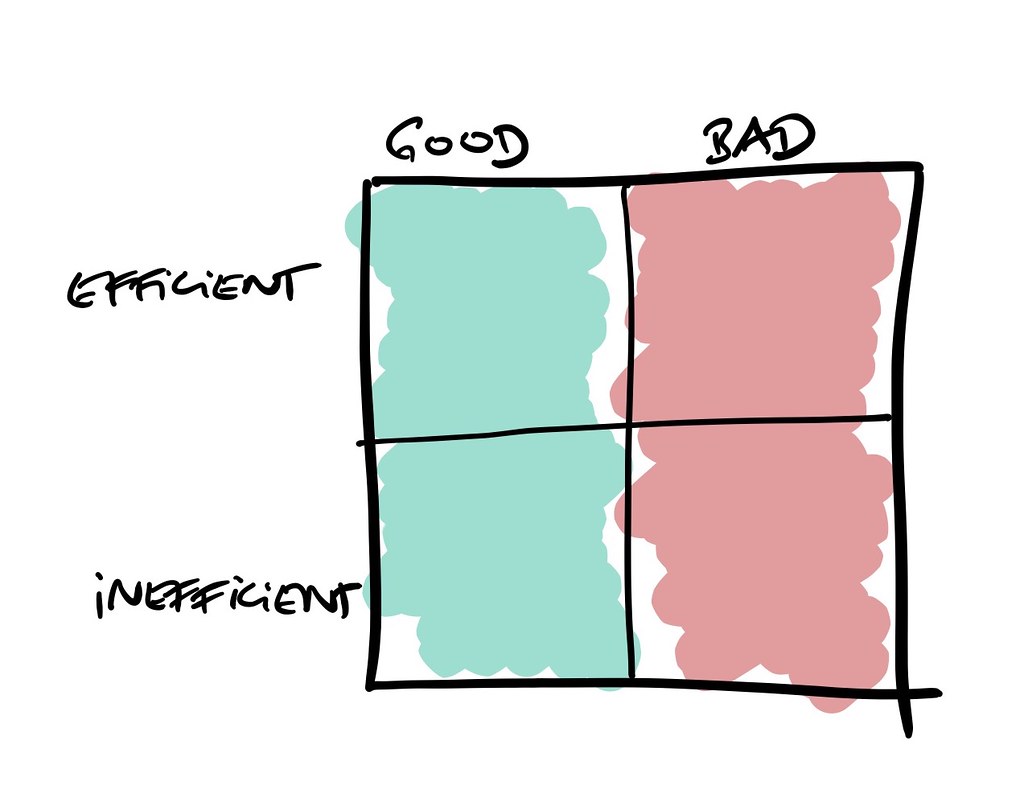Anne Zelenka recently wrote a great busy vs bursty manifesto on Web Worker Daily, comparing the “busyness economy” (aka traditional) with the “burst economy” (aka the web):
There’s a culture clash inside office buildings where workers from the busyness economy sit in cubicles next to workers from the burst economy — web workers. Yes, that’s right: even if you work as a corporate employee in an office building, you may still be a web worker, using the Web for radical and unconventional productivity. If you are, your coworkers who don’t get how the Web changes work may think you’re a malingerer, given your incessant online connecting and surfing combined with your lack of attention to the old rules of work.
It’s a great read, and I’d highly recommend it: Chances are you’ve experienced the kind of culture clash Anne mentions before, like when your non-web colleagues kept pointing out that “oh, you have Skype installed on your computer? Hah, if the boss finds out!” or something along those lines.
Btw, here’s my personal favorite quote. Love it!
Busy: Always available during working hours.
Burst: Declarative availability.The busy wouldn’t dream of announcing on Twitter that they were headed to the mall to stock up on underwear — because that would ruin the carefully constructed illusion that they’re always working from 8 am to 6 pm.
Bursters don’t hesitate to declare what they’re doing whether it’s personal or professional, because this makes it easier for colleagues to connect, collaborate, and coordinate with them — it makes teams more productive and binds them together on a human level. Of course, this is yet another way that bursters look to the busy like irresponsible, unproductive goof-offs.
But Anne also has written a little follow-up on her post, detailing out differences between Knowledge Economy and Web Economy, so you might wanna check that out, too:
The knowledge worker (the executive in Drucker’s quote) goes after individual productivity; the web worker after group-based, collaborative, wisdom-of-crowds productivity. The knowledge worker cuts out unproductive uses of time; the web worker cuts out redundant information sources. The knowledge worker focuses on time efficiency; the web worker on attention expansion.
Link to Web Worker Daily, link to Anne’s personal weblog, via disambiguity.com

